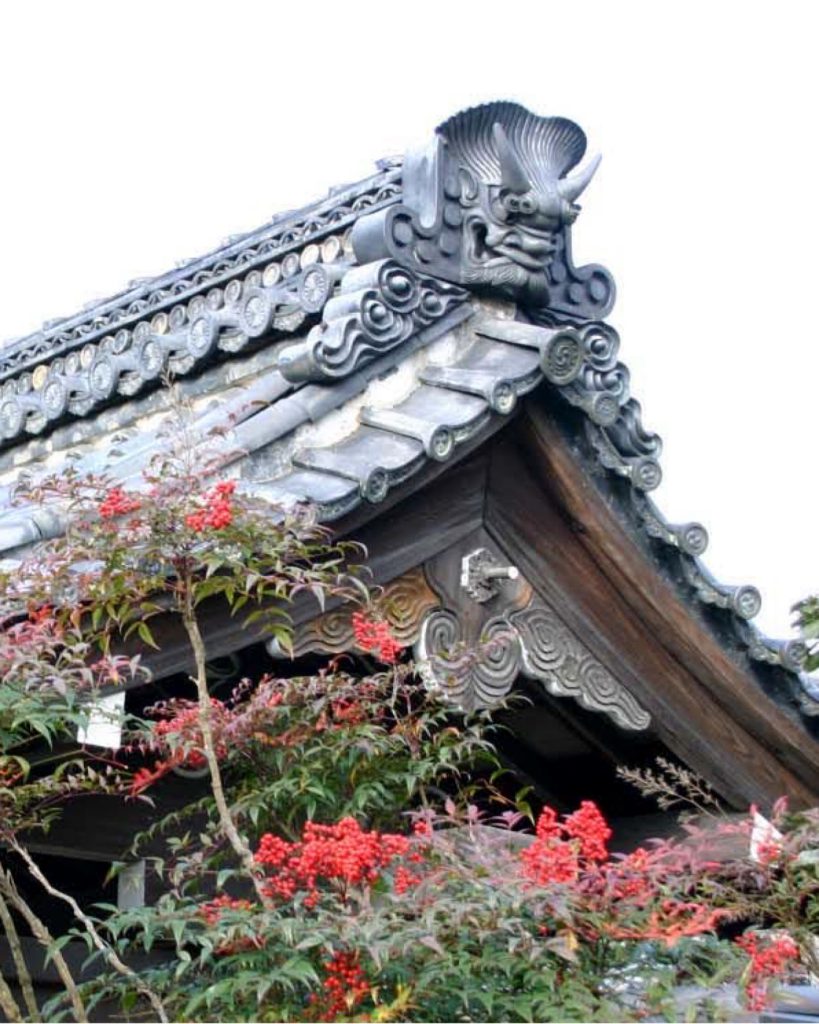
Nanten (Nandina), whose tiny red berries stand out against the New Year’s decorations of bamboo and pine trees, has long been cultivated in many homes to ward off evil spirits, ward off evil, and pray for good health. It is said to be auspicious from the word “難(nan)を転(ten)じて福をもたらす(bring good fortune by overcoming difficulties)”, and is planted in the direction of entrances, restrooms, and demon gates to ward off uncleanliness. Japanese people seem to especially like this kind of pun, and it can be seen everywhere in annual events. New Year’s dishes are typical, and include black soybeans, kelp, sea bream, and more. Of course, there are customs in foreign countries to enjoy playing with words, though not as much as in Japan. “My Very Educated Mother Just Showed Us Nine Planets” is one such example, and the uppercase letters are a sentence made up of the initial letters of the planets in the solar system.
小さな赤い実が、竹や松のお正月飾りにひときわ映える南天は古くから、魔除け、厄除け、無病息災を願い、多くの家庭で栽培されて来ました。「難を転じて福をもたらす」の語呂から縁起のいいものとされ、不浄をはらうために玄関やお手洗い、鬼門と呼ばれる方角に方位よけとして植えられるようになりました。こうした語呂合わせは、日本人は特に好むようで、年中行事の至る所で見受けられます。お正月のお節料理はその典型で、黒豆(まめに暮らす)、昆布(よろこぶ)、鯛(めでたい)など、枚挙にいとまありません。もちろん外国にも、日本ほどではありませんが、語呂合わせを楽しむ風習はあります。「My Very Educated Mother Just Showed Us Nine Planets」などはその一つの例で、大文字は太陽系の惑星の頭文字を取ってできた一文です。
